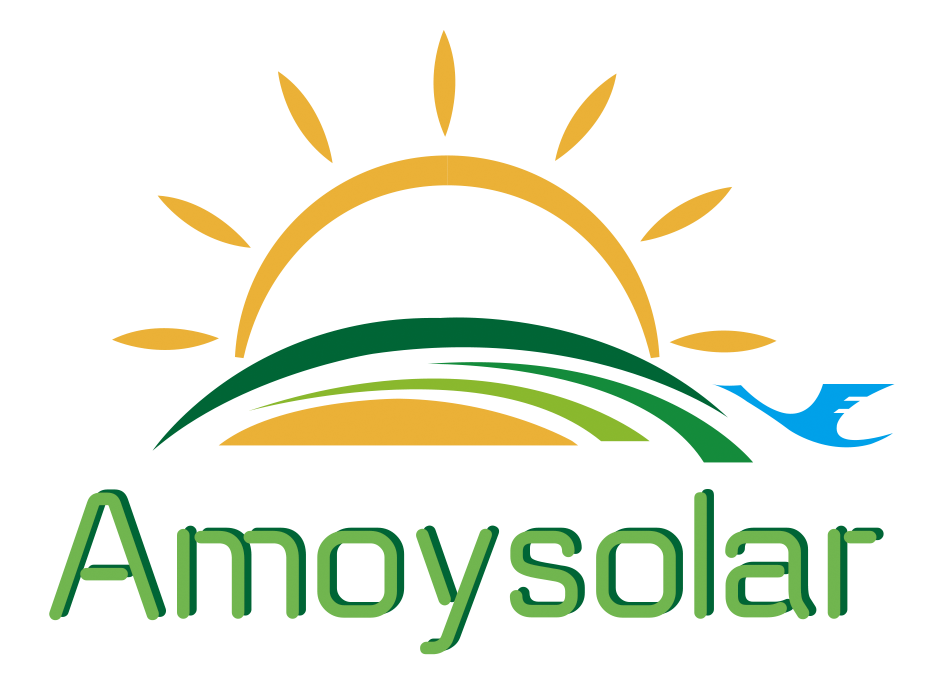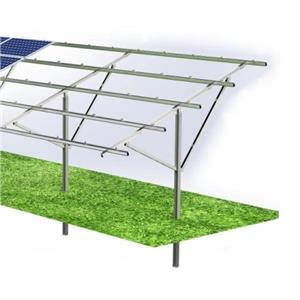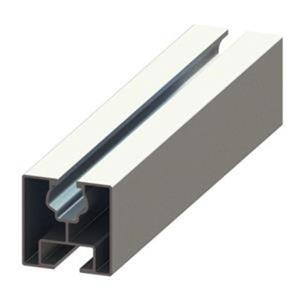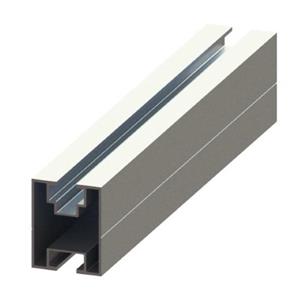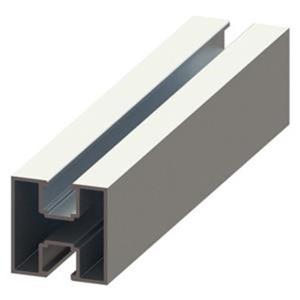Can a solar mounting system support a farm?
For decades, farmers have been experts at harnessing and utilizing solar energy. Almost every form of agriculture makes use of the sun, efficiently converting the energy to forms of energy we require for survival.
Rising electricity costs have added to the escalating overheads affecting UK farmers and the profitability of their businesses in recent years. It should come as no surprise, then, that farmers and landowners in the United Kingdom are beginning to recognize the potential of using unused solar panel roof space for farm buildings or parcels of relatively unproductive land.
These are ideal for solar PV installations that allow you to generate your electricity, reduce fuel costs, and potentially generate an additional income stream to support your business. Many solar farmers are already reaping financial benefits from this technology.
Farm Solar mounting systems on the Roof
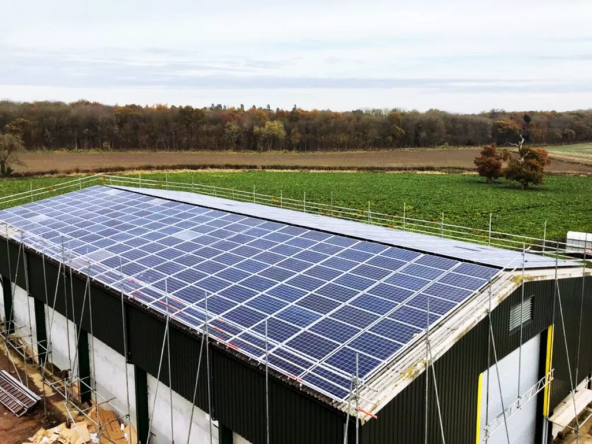
Most farms and agricultural businesses have structures that can accommodate roof-mounted solar PV installations. Agricultural buildings typically have a 10-15° roof pitch, which generates significant amounts of power even if the roof is not always facing south.
Solar panels on farm building roofs do not require planning permission, and once installed, PV installations have low maintenance and servicing costs. Solar energy is renewable, as well as providing long-term protection against rising energy costs and lower electricity bills. This means no greenhouse gas emissions and no depletion of natural resources.
Solar Energy-Powered Water Pumps
In many areas where the supply of electricity might be unavailable, solar water pumps are essential. They use solar energy and pump water from reservoirs, and canals to thefarms which saves a lot of time for farmers.
Here solar panels are employed to harness the solar energy and using inverters, DC power is supplied to the power grid or stored in batteries.
Water and Heating
Livestock and dairy operations have specific space and hot water requirements at different times of the year. Cattle are primarily raised in enclosed structures, so temperature and air quality are critical to operations. To combat this, solar power is used year-round.
By using a solar-powered heating system, farmers can easily save money on their electricity bills. These systems use solar panels that effectively power the temperature control system as needed.
Harnessing the sun to dry crops and grains is one of the oldest uses of solar energy used by farmers. This is a completely free, viable, and easy-to-use method, but you run the risk of exposing your plants to contaminating wind, rodents, debris, etc.
With today's technological advances, there are solar dryers that can capture the maximum amount of solar energy and concentrate it into a closed container that uses trays to dry the produce. It also helps save time. greenhouse heating.
Greenhouse heating is essential for the proper growth of certain crops and plants. Commercial greenhouses use sunlight for lighting rather than heating. Most rely on oil and gas to maintain the required temperature.
Solar greenhouse heaters are used for necessary lighting and heating. A solar greenhouse has solar panels to collect energy and batteries to store it. In addition, it uses insulation that has excellent heat retention even on cold days and nights.
Long-distance delivery of electricity
Farms may be in remote areas with limited power supplies, and farmers may constantly face problems related to power outages and the under-running of equipment and tools on the farm.
Photovoltaic systems are used to generate the electricity required on the farm, which is stored in batteries and used when needed. This not only helps reduce power consumption from the power supply but also saves farmers money in the long run.
Photovoltaic cooling system
Farmers often face huge losses due to a lack of proper cooling and refrigeration systems on their farms. Even with a cooling system, power outages and blackouts happen all the time, making it very difficult to keep the power on throughout the day. A solar-powered cooling system can help solve this problem.
The cooling system in place is continuously powered by a battery connected to the solar panel. Direct power is supplied in the morning and stored emergency power is supplied at night.
Electricity prices fluctuate from year to year, but it is no exaggeration to say that they will continue to rise in the long run. What is a manageable expense for your business today may not be for your business 15 or 20 years from now?
Solar power is a low-maintenance, low-risk investment
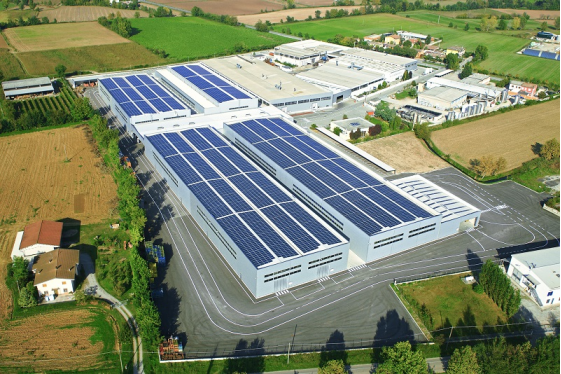
There is no shortage of farm equipment to invest in. However, many of these large machines, such as tractors and handling equipment, require two things:
Work to run them, work to maintain them. Solar, on the other hand, functions without user intervention and is relatively maintenance-free. You can also clean the solar panels, but a regular rain shower will suffice for most places.
And as long as you have quality equipment installed, your system is protected by a warranty should anything go wrong. Additionally, some solar installers offer protection on top of the manufacturer's warranty, such as Paradise Energy's Triple Ten Warranty. This protects against process problems, system production, and 10 years of system monitoring.
Get tax savings
If you're looking for a way to keep your hard-earned money off your tax bill, consider installing solar panels. The Solar Investment Tax Credit (ITC) allows you to recoup 30% of your solar installation costs through tax credits. In addition to the ITC, there are other tax-saving incentives.
100% bonus amortization. This facilitates federal depreciation savings in the year the system is in operation. For farmers, solar energy has advantages and disadvantages. On the plus side, solar is a set-and-forget solution for lower operating costs and lower taxes. We also invest in the long-term sustainability of our farms and reduce our dependence on fossil fuels. This is for the benefit of the next generation of your family, or yourself when you sell your farm.
On the one hand, it is a relatively large up-front investment and will end up occupying a small portion of the land. The need for sunlight can limit your options as to where to install the system, and if backup power is required, you will have to invest more in a solar energy storage system. Ultimately, solar power can be a great investment for your business, but it's not for every business.
